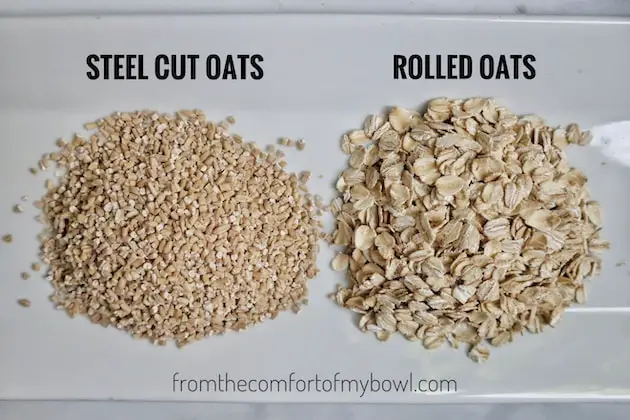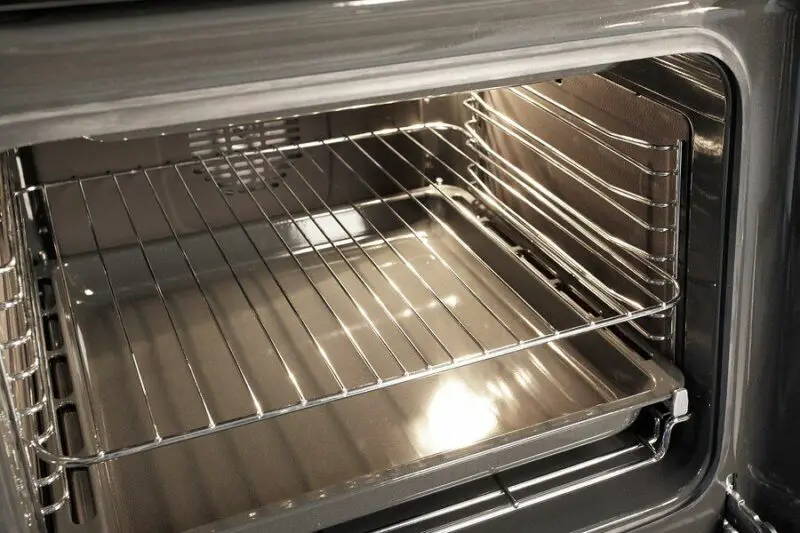Are you dealing with painful boils on your skin? Looking for remedies that you can try at home? One unconventional suggestion that has gained some attention is the use of toothpaste for boils. But does it really work? Let’s take a closer look.
Key Takeaways:
- Toothpaste has been suggested as a potential remedy for boils, but scientific evidence to support its effectiveness is limited.
- Boils are painful, pus-filled bumps caused by a bacterial infection, and proper medical treatment may be necessary.
- While toothpaste ingredients like baking soda and hydrogen peroxide have antibacterial properties, using toothpaste for boils may vary in effectiveness among individuals.
- There are other home remedies to consider, such as warm compresses, over-the-counter ointments, and natural alternatives like tea tree oil and turmeric.
- If you have severe or recurring boils, or if they fail to improve within a week, it’s important to seek medical attention from a healthcare professional.
Understanding Boils and their Treatment
Boils are painful, pus-filled bumps that form under the skin. They are usually caused by a bacterial infection, often Staphylococcus aureus. Boils can occur anywhere on the body and are common in areas where there is friction or sweat buildup. In most cases, boils can be treated with simple self-care measures such as applying warm compresses, keeping the area clean and dry, and avoiding squeezing or popping the boil. However, severe or recurring boils may require medical intervention, including antibiotics or drainage by a healthcare professional.
When a boil develops, the body’s immune system reacts by sending white blood cells to fight the infection. This immune response leads to the formation of pus, resulting in the characteristic swollen, red, and painful bump. As the boil matures, it may develop a yellow or white center filled with pus. In some cases, the boil may burst and drain on its own, relieving the pain and reducing swelling.
While self-care measures can help alleviate the symptoms of boils, it is important to monitor the progress and seek medical attention if necessary. Severe boils that are large in size, extremely painful, or located in sensitive areas like the face, spine, or groin should be evaluated by a healthcare professional. Recurring boils or those accompanied by a fever or other systemic symptoms may also require medical intervention. A healthcare professional will be able to provide appropriate treatment options based on the severity and individual factors.
| Signs that may indicate the need for medical attention | Self-Care Measures |
|---|---|
| Large boils | Applying warm compresses to the affected area |
| Severe pain | Avoid squeezing or popping the boil |
| Boils on the face, spine, or groin | Keeping the area clean and dry |
| Recurring boils | Seeking medical attention if symptoms worsen or do not improve within a week |
| Boils with fever or systemic symptoms | Avoiding self-treatment and consulting with a healthcare professional |
The Theory Behind Using Toothpaste for Boils
When it comes to home remedies for boils, toothpaste has been suggested as a potential solution. The theory behind using toothpaste is that certain ingredients, such as baking soda, hydrogen peroxide, and triclosan, have antibacterial properties. These properties may help to kill the bacteria that cause boils and promote healing.
Additionally, toothpaste has a drying effect, which can be beneficial for boils. By reducing moisture in the affected area, toothpaste may help to dry out the boil and accelerate the healing process. However, it is important to note that toothpaste is not specifically formulated for treating skin infections, and its effectiveness may vary among individuals.
While there is limited scientific research on the use of toothpaste for boils, there is anecdotal evidence of some people finding relief by applying toothpaste to their boils. It is important to exercise caution when using toothpaste as a remedy and to consult with a healthcare professional before trying any home remedies for boils.
| Toothpaste for Boils | Ingredients | Effects |
|---|---|---|
| Baking soda toothpaste | Baking soda | May have antibacterial properties and a drying effect |
| Hydrogen peroxide toothpaste | Hydrogen peroxide | May have antibacterial properties and a drying effect |
| Triclosan toothpaste | Triclosan | May have antibacterial properties and a drying effect |
In summary, while toothpaste may have some potential benefits for boils due to its antibacterial properties and drying effect, its effectiveness as a remedy is not scientifically proven. It is always advisable to consult with a healthcare professional for proper medical treatment of boils.
Other Home Remedies for Boils
While toothpaste may not be the most reliable option for treating boils, there are several other home remedies that may offer some relief. These natural remedies have been suggested for their potential antibacterial properties and can be easily incorporated into your self-care routine:
Tea Tree Oil
Tea tree oil is known for its antimicrobial properties, which can help fight bacteria that cause boils. You can apply a few drops of tea tree oil directly to the boil using a clean cotton swab. However, it’s important to dilute the tea tree oil with a carrier oil, such as coconut or olive oil, to avoid skin irritation.
Turmeric
Turmeric has long been used in traditional medicine for its anti-inflammatory and antibacterial properties. You can make a paste by mixing turmeric powder with water or coconut oil. Apply the paste directly to the boil and cover it with a clean cloth. Leave it on for 20-30 minutes before rinsing off with warm water.
In addition to these natural remedies, there are other simple measures you can take to promote healing and alleviate discomfort:
- Apply warm compresses to the affected area for 10-15 minutes several times a day. This can help increase blood circulation and promote the natural drainage of the boil.
- Use over-the-counter antibacterial ointments, such as Bacitracin or Neosporin, to help prevent infection and speed up the healing process.
- Take over-the-counter pain relievers, such as ibuprofen or acetaminophen, to reduce pain and inflammation.
It’s important to note that while these home remedies may provide some relief for mild boils, they may not be sufficient for treating severe or recurring boils. If your boil worsens, fails to improve, or is accompanied by other concerning symptoms, it is advisable to seek medical attention from a healthcare professional.
| Home Remedies | Benefits | Precautions |
|---|---|---|
| Tea Tree Oil | Antimicrobial properties | Dilute with carrier oil to avoid skin irritation |
| Turmeric | Anti-inflammatory and antibacterial properties | Avoid contact with clothing or surfaces, as it may stain |
| Warm Compresses | Increases blood circulation and promotes natural drainage | Ensure the compress is not too hot to avoid burns |
| Antibacterial Ointments | Prevents infection and speeds up healing | Use as directed and avoid allergic reactions |
| Pain Relievers | Reduces pain and inflammation | Follow recommended dosage and precautions |
When to Seek Medical Attention for Boils
While many boils can be effectively treated at home, there are situations where medical attention is necessary. It is important to consult with a healthcare professional if you have a severe boil that is particularly large, painful, or located on sensitive areas such as the face, spine, or groin. Seeking medical attention is also advisable if you have recurring boils or if the boil is accompanied by fever or other systemic symptoms.
Additionally, if you have been practicing self-care measures for a week and the boil shows no signs of improvement, it is recommended to seek medical attention. A healthcare professional can evaluate the severity of the boil and provide appropriate treatment options tailored to your specific situation.
Remember, severe or recurring boils may require medical intervention such as antibiotics or incision and drainage. A healthcare professional has the knowledge and expertise to determine the best course of action for effectively treating your boils, ensuring your safety and well-being.
FAQ
Can toothpaste help treat boils?
While there are anecdotal reports of toothpaste providing relief for some people with boils, there is limited scientific evidence to support its effectiveness. It is advisable to consult with a healthcare professional before trying any home remedies for boils.
What are boils and how are they treated?
Boils are painful, pus-filled bumps that form under the skin. They are usually caused by a bacterial infection and can be treated with self-care measures such as warm compresses, keeping the area clean and dry, and avoiding popping or squeezing the boil. Severe or recurring boils may require medical intervention.
Why is toothpaste suggested as a remedy for boils?
Toothpaste contains ingredients with potential antibacterial properties and a drying effect. However, toothpaste is not specifically formulated for treating skin infections, and its effectiveness for boils may vary among individuals.
Are there other home remedies for treating boils?
Yes, other home remedies for boils include warm compresses, over-the-counter antibacterial ointments, and natural remedies like tea tree oil, turmeric paste, and garlic. However, it’s important to remember that severe or recurring boils may require medical intervention.
When should I seek medical attention for boils?
It is recommended to consult with a healthcare professional if the boil is large, painful, located on the face, spine, or groin area, recurrent, accompanied by fever or other systemic symptoms, or fails to improve within a week of self-care measures.






